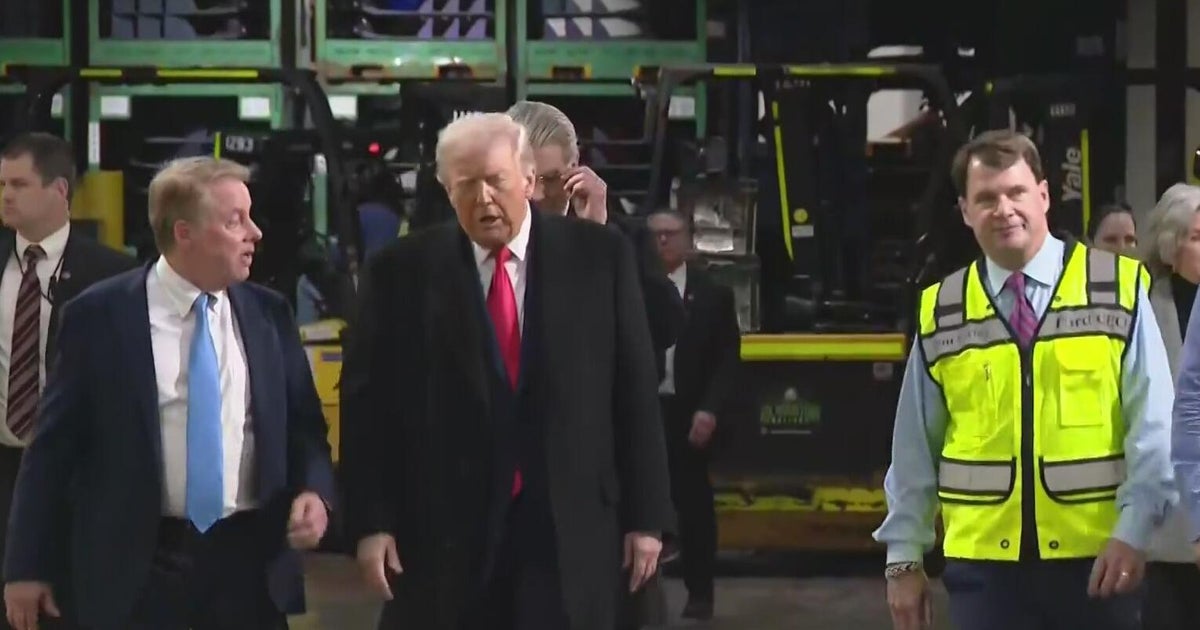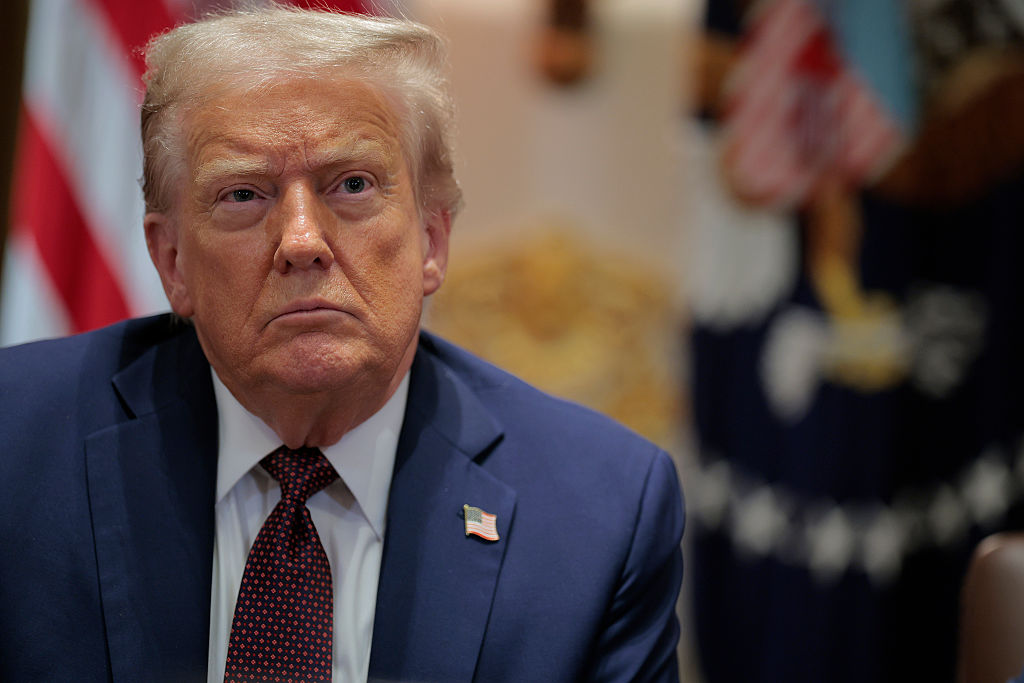John’s Notebook: Drafts of history
This week was the one year anniversary of a presidential election that turned out differently than many observers expected.
In the news business it has been a year of discussion about what we missed. Hopefully this has led to humility and improvement: fewer breaking news alerts for day-old news, fewer peekaboo headlines that don't pay off when you read the story, and more explanation and better reporting that helps people understand the world around them.
But the anniversary of the unexpected outcome was also an echo of the unexpected outcomes of the presidential elections of 1824, 1948, 1980 and 2000. All a reminder that the very nature of the news business is surprise. The news is what surprises us.
It's why journalism is called the first draft of history. Embedded in journalism is the fact that the story will change, human events are complex, and understanding evolves. In the last year there has been a fight over this fact. A fight over the nature of meaning. Those who would like to control information try to use the changing nature of recording human events to raise doubts about all reporting on human events. That way they can clear the market to peddle their story without competition and label anything they don't like as "fake news."
This is an age-old conflict in America between a free press working to gather facts and explanations, and a government which prefers people believe their story because it's more efficient that way. But working out the truth of things is messy. Several shifting versions is confusing, but that's a feature, not a bug: it's the pluralism we call democracy.
That's it for us today, thanks for watching. On this Veterans Day weekend, our thanks go out to all of you who served the country and to your families. Until next week, for Face the Nation, I'm John Dickerson.



